"The Pot Au Feu" - Tran Anh Hung's latest film - tells a gentle, poetic story about a food lover.
* The article reveals part of the movie's content
The Pot Au Feu (also known as La Passion de Dodin Bouffant ) premiered at the Cannes Film Festival (France) on May 24. The film competing for the Palme d'Or received a standing ovation of nearly seven minutes in the Lumière - the main screening room of the event. The Pot Au Feu also marked Tran Anh Hung's return to Cannes, where he won the Camera d'Or in 1993 with his debut film The Scent of Green Papaya .
Director Tran Anh Hung was welcomed by the audience when The Pot Au Feu ended at the Lumière screening room, on May 24, at Cannes 2023. Video : FranceTV
The film stars Benoît Magimel and Juliette Binoche, and is adapted from Marcel Rouff's 1924 novel, The Life and Passion of Dodin-Bouffant, Gourmet . The main character, Dodin (Benoît Magimel), is a gourmet who spends all his time thinking about top-quality food. He is wealthy enough to pursue his passion and gather a group of friends like himself. Godin can tell good food from bad at a glance, as well as having a deep understanding of ingredients and cooking methods. Dodin's talent is so renowned that he is considered the "Napoleon of the culinary world".
Dodin has a chef, Eugénie (Juliette Binoche), who has a great sense of taste and ingredients. She always fulfills Dodin's requests. Eugénie is admired as much as her master, but she does not want to take the limelight and devotes herself to the kitchen. Grand dinners are often held at the Dodin home, while Eugénie works and eats alone in the kitchen. She teaches the maid's 13-year-old niece, also a young woman with extraordinary culinary potential.

Dodin considers food his greatest passion in life. Photo: Cannes Film Festival
Dodin did not hide his feelings and admiration for Eugénie, who had been with him for so many years that he could not be separated. He boldly confessed his love and asked her permission to marry him as a formalization of their close relationship. But could this love end in complete happiness?
The film's title, Pot Au Feu, refers to a traditional French beef stew. A foreign aristocrat invites Dodin and his friends to a lavish but unsophisticated party. In return, Dodin invites the man to his place, intending to serve only a simple pot au feu.
But it is the simplicity that hides the wonder, like the statement: Culinary talent is cooking ordinary dishes that still exude the special. Tran Anh Hung 's new work can also be seen as such: A simple story but the director's artistic style has created vitality for the film. Food is the central theme, with a series of excerpts describing meal preparation. Close-ups of ingredients, as well as well-placed panning movements, create an elegant rhythm for the cooking scenes. At the banquet table, the chef's work is received by gourmets with knowledgeable comments.

Cuisine connects the characters in the film. Photo: Cannes Film Festival
In The Menu (2022), a famous work about food, cooking is transformed into an extreme and obsessive experience. The Pot Au Feu takes a spiritual and poetic approach to the subject. Food is elevated to art, and Dodin’s house is a sanctuary for gourmets in late 19th-century France.
Besides the beauty of cuisine, Tran Anh Hung builds two main characters who blend together, expressing the language of love through conversations about cooking. They are compatible in terms of instinct, intelligence and desire. Dodin continuously sets difficult culinary requirements, sometimes vague and philosophical, sociological, but Eugénie can complete them all.
They love each other based on equality, respect and admiration for each other, Dodin is not arrogant, knowing that he is nothing without Eugénie in the kitchen. This close relationship is somewhat reminiscent of the love story of Tran Anh Hung and his wife Tran Nu Yen Khe in real life. The director also gave his wife a word of gratitude at the end of the film.

Actors Juliette Binoche and Benoit Magimel play the couple in the film. Photo: Cannes Film Festival
The Pot Au Feu has very little conflict or drama. However, as Dodin admits, he and Eugénie have entered the autumn of their youth. They are almost content in life but face the uncertainty of how long that happiness can last. For much of the story, Tran Anh Hung uses warm colors, from sunlight and candlelight, to harmonize with the culinary story. But in the film's turning point, cool colors dominate to describe the character's sadness.
Tran Anh Hung approaches the story in a calm and slow manner, like the way he cooks Pot Au Feu . During the first minutes, he treats the audience to a series of cooking scenes, before starting to introduce the characters in more depth. The two main characters' attention to food is seen as a profound symbol of art, where only complete dedication can create true results. Eugénie does not eat directly with the guests because she wants to communicate with them through the food she prepares. This is similar to the concept of many artists that let their work speak for them.
Compared to Tran Anh Hung's latest film - Eternity (2016), The Pot Au Feu is perhaps more accessible to the general audience because of its gentle story. The film has warm moments, bringing laughter when the two characters talk to each other. Some scenes are easily touching about the way of expressing silent love, such as Dodin cooking for Eugénie when she is sick.
The contemplative audience might find the film a little existential. A meal, no matter how sumptuous and elaborate, is fleeting, just as life and relationships are fleeting. What remains in the end are the memories of the moments we spent together.
La Passion de Dodin Bouffant received many positive reactions from critics. Deadline commented that the work has a unique way of telling a story, successfully honoring the senses in the culinary experience. The Guardian praised the film for its many beautiful scenes, exuding charm and sophistication. The Hollywood Reporter highly appreciated the acting of the main actors.



![[Photo] Students of Binh Minh Primary School enjoy the full moon festival, receiving the joys of childhood](https://vphoto.vietnam.vn/thumb/1200x675/vietnam/resource/IMAGE/2025/10/3/8cf8abef22fe4471be400a818912cb85)


![[Photo] Prime Minister Pham Minh Chinh chairs meeting to deploy overcoming consequences of storm No. 10](https://vphoto.vietnam.vn/thumb/1200x675/vietnam/resource/IMAGE/2025/10/3/544f420dcc844463898fcbef46247d16)

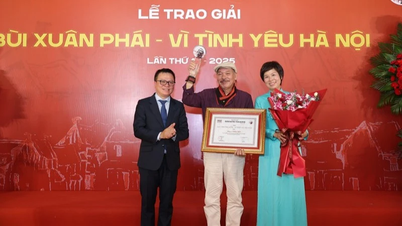


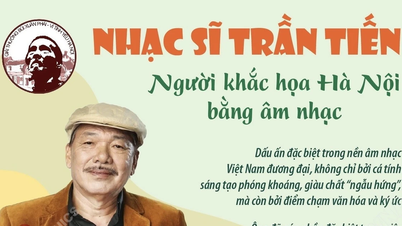

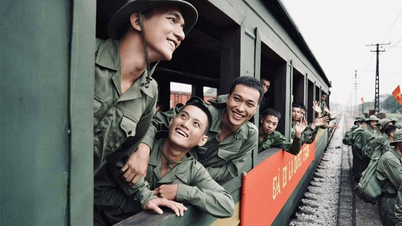


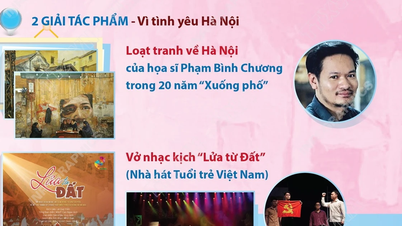




























































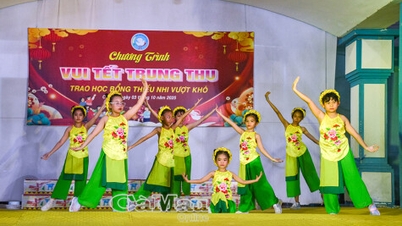

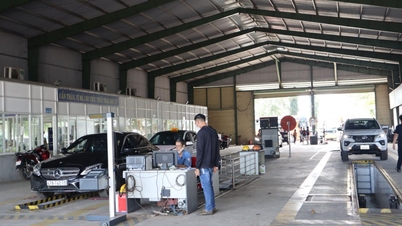

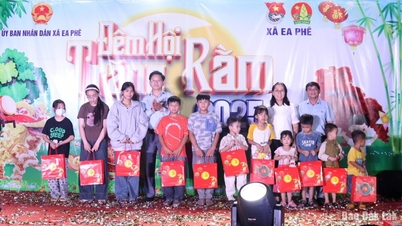
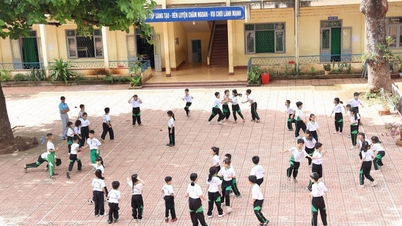
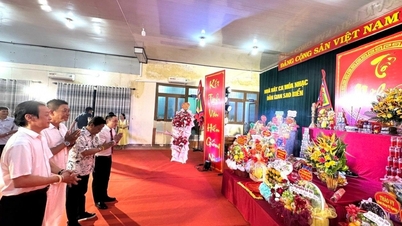












Comment (0)